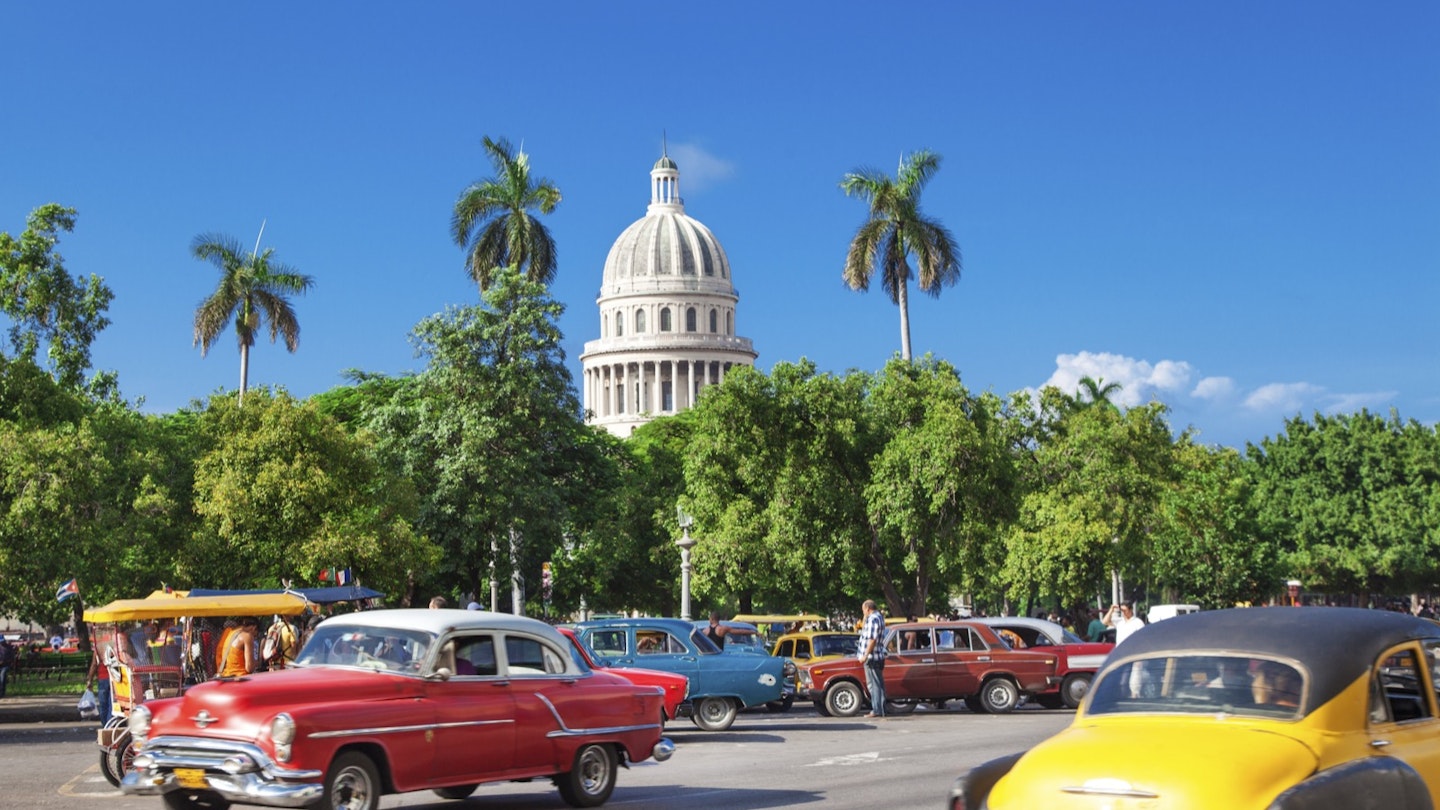US Travel Regulations for Cuba: What You Need to Know
In the space of three years, US-Cuban relations have evolved from cautious cooperation to a state of uncertainty. On June 4, the Trump administration introduced new measures that seemingly wiped out the relaxation of US travel restrictions instituted by Obama between 2014 and 2016. For American citizens, Cuba seems to be, once again, a forbidden fruit. Or is it?
What are the new regulations for US travelers?
The new Trump administration regulations prohibit US cruise ships from calling at Cuban ports, reversing a historic opening initiated by Obama in 2016. Consequently, these restrictions also inhibit popular ‘people-to-people’ trips from traveling between the US and Cuba, effectively stopping organized groups from visiting through authorized US travel providers.
What does this mean?
Fewer Americans are likely to visit Cuba. Numbers have steadily declined since Trump’s initial crackdown in June 2017, which forbade US citizens from engaging in individual ‘people-to-people’ trips and prohibited Americans from staying in most state-run Cuban hotels. Despite this trend, the cruise industry had continued to prosper, with over one-half of American tourists visiting Cuba coming via cruise ships in the first four months of 2019. This trend now appears set to end.
People-to-people travel was previously a popular option, promoting cultural exchange between the US and Cuba, thereby fostering a bond that transcended politics.
Why now?
According to Treasury Secretary Steven Mnuchin, the measures were enacted because “Cuba continues to play a destabilizing role in the Western Hemisphere, providing a communist foothold in the region and propping up U.S. adversaries in places like Venezuela and Nicaragua.”
Did Trump’s regulations completely reverse Obama’s ‘opening’?
Not entirely, but the net is tightening. US citizens can still apply for a ‘general license’ to travel to Cuba if they fall into one of 11 different categories, ranging from public performances to the vague “support for the Cuban people.” Following the Trump announcement, some travel providers suggested they would still attempt to organize people-to-people trips framed as ‘support for the Cuban people’ rather than educational programs.
US airlines continue to offer scheduled flights to Cuba from a number of US airports, including JetBlue, American, Delta, and United. However, as fewer Americans are willing or able to travel to Cuba, demand will likely decrease, leading to potential cancellations.
Eligible travelers can still book private accommodations in Cuban casas particulares (homestays) through platforms like Airbnb.
How will the new Trump regulations affect US travel to Cuba?
On the surface, these new measures, along with the restrictions from two years ago, have fundamentally changed the perception of travel to Cuba among Americans, reversing the more lenient approach of the Obama administration. Friendliness has been replaced by uncertainty, and clarity has given way to confusion.
During the boom period between March 2016 and June 2017, there was a rise in independent US travel to Cuba. However, the new regulations will likely increase apprehension among potential travelers. Concerns about licensing categories, complicated and ever-changing rules, and potential scrutiny upon returning to the US contribute to uncertainty, making prospective travelers more hesitant to plan their trips.
So, should Americans still attempt to travel to Cuba?
While the US government isn’t making it easy, the effort to visit Cuba is worth it. The country itself remains unchanged; it is still a vibrant and inspiring destination eager to welcome visitors despite bureaucratic challenges.
Americans should conduct thorough pre-trip research. It’s essential to review license qualifications to determine eligibility, avoid government-run hotels and enterprises, and keep detailed receipts of all transactions made in-country.
Although the path to Cuba has slightly narrowed, it has not yet been completely closed.
Is it safe for Americans to travel to Cuba?
Recently, the US Department of State reduced Cuba from a ‘level three’ to a ‘level two’ travel advisory, advising US citizens to ‘exercise increased caution’ when visiting. This advisory stems from mysterious ‘sonic attacks’ reported at the US embassy in Havana in August 2017. To date, the source and nature of these incidents remain unknown, although no non-diplomatic US travelers have been harmed. The Cuban government has denied responsibility and offered to assist in investigations.
In reality, Cuba is considerably safe, especially when compared to many other countries, including the US. At a World Tourism Fair held in Madrid last year, Cuba was recognized as the safest country in the world for tourists.
How will the new regulations affect Cubans?
The restrictions implemented in 2017 have severely impacted small private businesses in Cuba, and the latest measures are likely to exacerbate this issue. With a decline in tourist business, casa particular owners and restaurateurs—many of whom invested in their establishments based on expectations of increased US visitation—are understandably anxious. Almost all have reported a steady decline in US guests since 2017, and the new measures could jeopardize their livelihoods.
Updated June 2019





